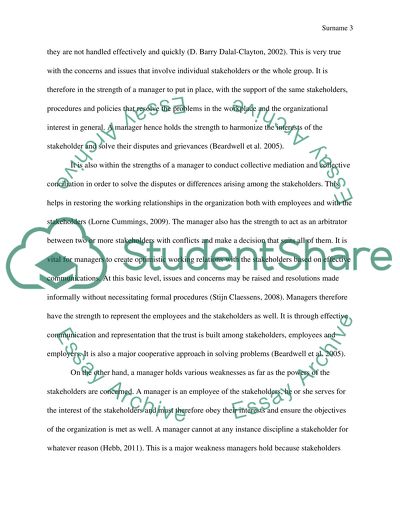Cite this document
(“Powers of the NHS Stakeholders Essay Example | Topics and Well Written Essays - 1500 words”, n.d.)
Powers of the NHS Stakeholders Essay Example | Topics and Well Written Essays - 1500 words. Retrieved from https://studentshare.org/health-sciences-medicine/1448165-there-are-many-stakeholders-whose-powers-influence
Powers of the NHS Stakeholders Essay Example | Topics and Well Written Essays - 1500 words. Retrieved from https://studentshare.org/health-sciences-medicine/1448165-there-are-many-stakeholders-whose-powers-influence
(Powers of the NHS Stakeholders Essay Example | Topics and Well Written Essays - 1500 Words)
Powers of the NHS Stakeholders Essay Example | Topics and Well Written Essays - 1500 Words. https://studentshare.org/health-sciences-medicine/1448165-there-are-many-stakeholders-whose-powers-influence.
Powers of the NHS Stakeholders Essay Example | Topics and Well Written Essays - 1500 Words. https://studentshare.org/health-sciences-medicine/1448165-there-are-many-stakeholders-whose-powers-influence.
“Powers of the NHS Stakeholders Essay Example | Topics and Well Written Essays - 1500 Words”, n.d. https://studentshare.org/health-sciences-medicine/1448165-there-are-many-stakeholders-whose-powers-influence.


